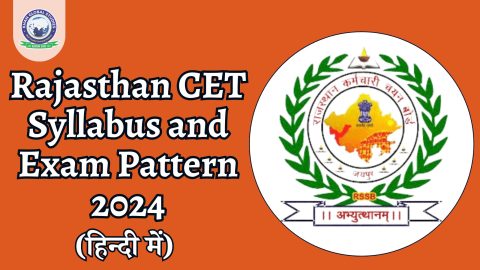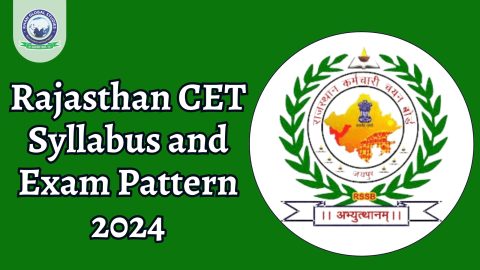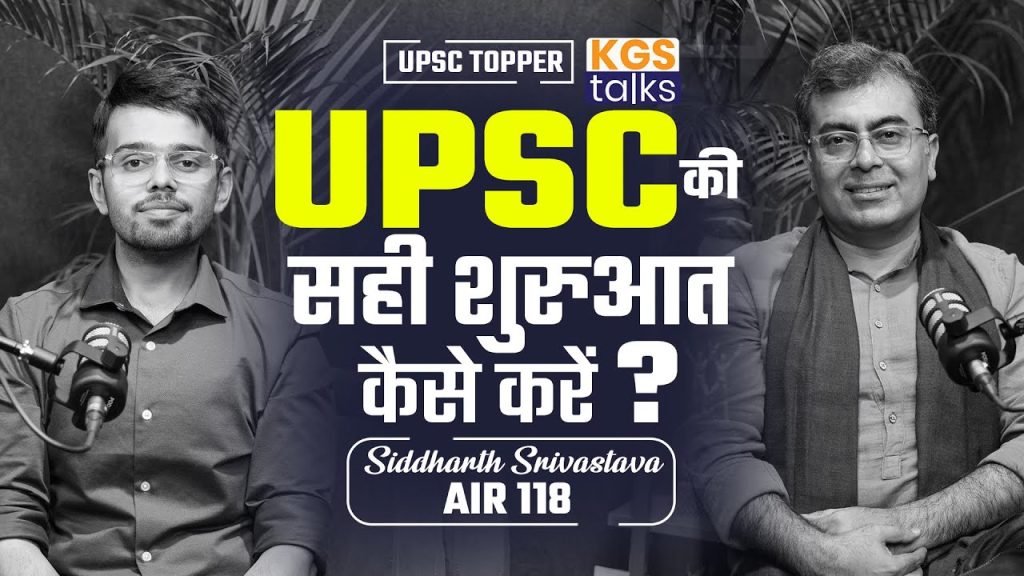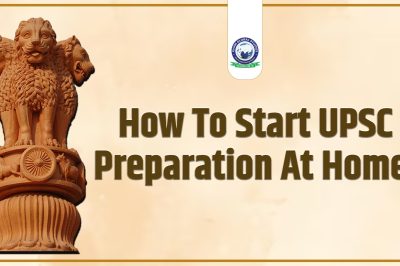In the highly competitive Civil Services Examination, Siddharth Srivastava has emerged as a beacon of inspiration, securing AIR 118 in the recently declared UPSC IAS 2023 final results. His remarkable journey from an aspiring civil servant to securing the coveted All India Rank (AIR) 118 and becoming a UPSC 2023 topper is a testament to his unwavering determination and strategic preparation. Aspiring civil servants across the nation will undoubtedly seek to unravel the secrets behind his extraordinary success, hoping to draw inspiration and invaluable lessons from his remarkable voyage to the coveted top rank.
Tips to Crack the UPSC Civil Services Exam: A Comprehensive Guide
Navigating the rigorous UPSC Civil Services Examination demands a well-structured approach and unwavering dedication. For aspirants seeking to embark on this challenging yet rewarding endeavour, here’s a comprehensive guide to help you ace the exam:
1. Deciphering the Syllabus: The Foundation of Success
The first step towards UPSC preparation lies in thoroughly understanding the exam syllabus. A clear grasp of the syllabus will enable you to devise an effective strategy and focus your energies on the relevant areas of study.
2. Prelims vs. Mains: Tailoring Your Preparation
The UPSC Civil Services Exam comprises two stages: Preliminary and Main. Each stage demands a distinct approach. The Prelims exam emphasizes objective-type questions, while the Mains exam focuses on subjective and descriptive writing.
3. Mastering the Art of Time Management
Effective time management is crucial for UPSC success. Create a structured study schedule that allocates dedicated time for each subject. Utilize time management techniques to maximize productivity and minimize distractions.
4. Staying Abreast with Current Affairs: The Pulse of the World
Current affairs hold significant weightage in the UPSC exam. Make reading newspapers, magazines, and online news portals a daily habit. Stay updated on national and international events, political developments, and social issues.
5. The Power of Newspapers: Expanding Your Knowledge Horizon
Incorporate reading newspapers into your daily routine. Newspapers provide in-depth coverage of current affairs, diverse perspectives, and analytical insights, enriching your knowledge base and enhancing your writing skills.
6. Delving into Past Year’s Question Papers: A Glimpse into the Exam
Analyzing past year’s question papers offers valuable insights into the exam pattern, question types, and marking scheme. Practice solving previous year’s papers to assess your strengths, identify areas for improvement, and develop exam-taking strategies.
7. Embracing Mock Tests: Refining Your Exam Skills
Regularly take mock tests to simulate the actual exam environment and refine your exam-taking skills. Mock tests help you identify time management issues, assess your performance under pressure, and gain confidence in your preparation.
8. NCERT Books: The Pillars of Foundation
NCERT books form the bedrock of UPSC preparation. They comprehensively understand fundamental concepts and essential topics across various subjects.
9. Detailed Note-Making: A Treasure Trove of Knowledge
Develop the habit of creating detailed notes while studying. Notes serve as a quick reference guide for revision and help you retain key information effectively.
10. Practice Test Series: A Gateway to Success
Enroll in a practice test series to gain exposure to a variety of questions, refine your writing skills, and enhance your overall preparation.
11. Revision: The Key to Retainment
Regular revision is essential for consolidating your knowledge and ensuring long-term retention. Dedicate time each day to revise previously studied topics and strengthen your understanding.
12. Home-Based Preparation: Achieving Success Within Your Comfort Zone
UPSC preparation can be effectively undertaken from the comfort of your home. Follow a disciplined study schedule, utilize online resources, and seek guidance from experienced mentors when needed.
13. Embracing a Structured Schedule: Optimizing Your Time
While there is no fixed timeframe for UPSC preparation, a structured schedule of 18 months is generally considered adequate. Divide your preparation into manageable phases, allocate time for each subject, and incorporate regular breaks to avoid burnout.
14. Current Affairs Magazines: A Window into the World
Supplement your current affairs knowledge by reading monthly current affairs magazines. These magazines provide in-depth analysis of current events, helping you develop a well-rounded understanding of national and international issues.
15. Government Publications: A Source of Authentic Information
Read government publications such as annual reports, policy documents, and white papers to gain insights into government policies, initiatives, and challenges.
16. UPSC-Specific Study Materials: Tailored for Success
Utilize UPSC-specific study materials such as reference books, online resources, and coaching institute materials to supplement your preparation and better understand the exam format and expectations.
17. Career Options in UPSC: A Diverse Landscape
The UPSC Civil Services Examination opens doors to a diverse range of prestigious career paths. You can choose from 24 services, including the highly sought-after Indian Administrative Service (IAS), Indian Police Service (IPS), and Indian Foreign Service (IFS).
Must Watch
How to prepare for the UPSC Exam at home?
Although there is no fixed deadline for any exam, students can reach that deadline by working hard for 18 months to prepare for the UPSC exam. In such a situation, if you want to prepare for UPSC sitting at home, then you can follow the steps given below:
- First of all, understand the exam syllabus.
- Read a little in the beginning and give more time later.
- Make a systematic program/schedule.
- Read monthly magazines for current affairs.
- Read the newspaper for IAS.
- Read government publications.
- Read NCERT books.
What are the job profiles in UPSC?
Jobs are available in UPSC Civil Services in 24 services, which are as follows:
| Indian Administrative Service (IAS) | Delhi, Andaman Nicobar Islands, Lakshadweep, Daman Diu, Dadar Nagar Haveli Police Service (DANIPS) |
| Indian Police Service (IPS) | Indian Audit and Accounts Service (IAAS) |
| Indian Forest Service (IFOS) | Indian Civil Accounts Service (ICAS) |
| Indian Foreign Service (IFS) | Indian Corporate Law Service (ICLS) |
| Indian Information Service (IIS) | Indian Defense Estates Service (IDES) |
| Indian Postal Service (IPOS) | Indian Defense Accounts Service (IDAS) |
| Indian Revenue Service (IRS) | Indian Ordnance Factory Service (IOFS) |
| Indian Trade Service (ITS) | Indian Communications Finance Service (ICFS) |
| Railway Protection Force (RPF) | Indian Railway Accounting Service (IRAS) |
| Pondicherry Civil Service (PCS) | Indian Railway Personal Service (IRPS) |
| Pondicherry Police Service (PPS) | Indian Railway Traffic Service (IRTS) |
| Delhi, Andaman Nicobar Islands Civil Service (DANICS) | Armed Forces Headquarters Civil Services (AFHCS). |







